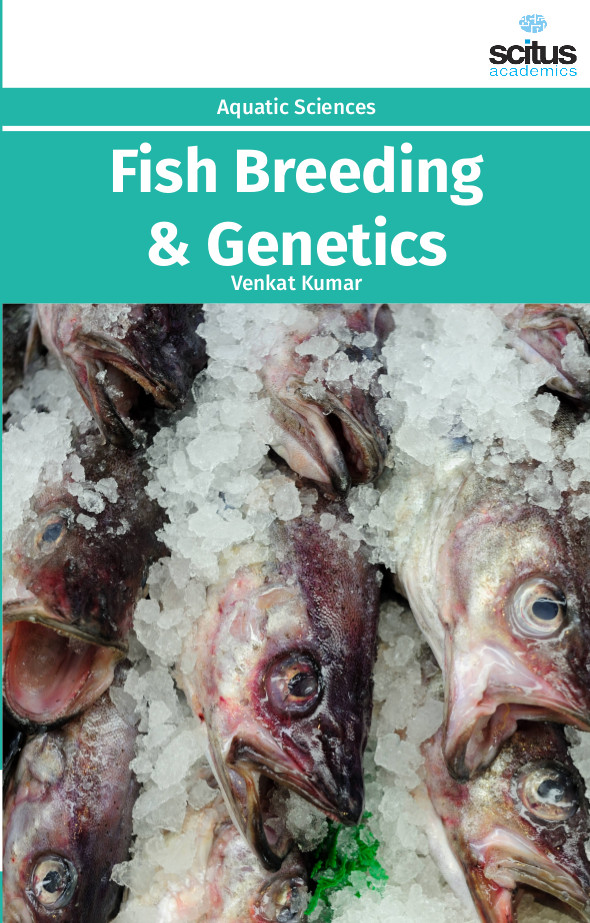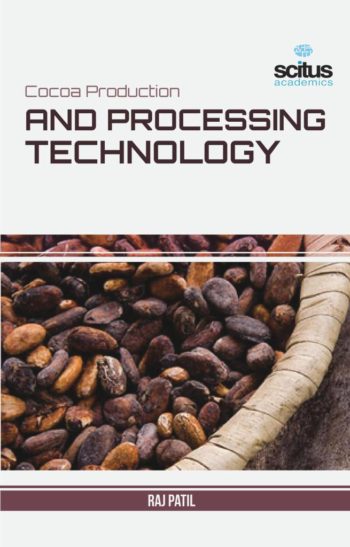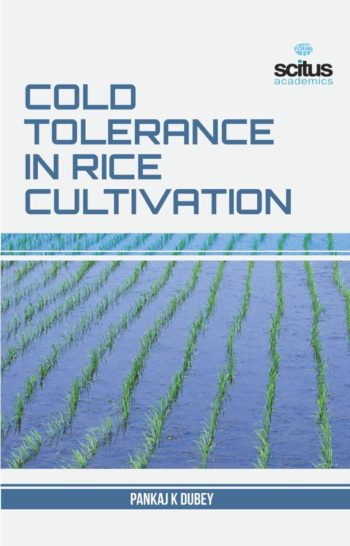Aquatic germplasm resources have enormous potential to contribute towards the economic well-being of the nation. The fisheries and aquaculture play a vital role in the social development by providing nutritional security and economic upliftment of fishers and fish farmers. General aspects of fish breeding, just like with fish keeping, include proper feeding and providing the right environment. The breeding environment needs to be maintained with proper water conditions and you need to watch for disease or other ailments. Aquaculture is the fastest growing food production industry, and the vast majority of aquaculture products are derived from Asia. The quantity of aquaculture products directly consumed is now greater than that resulting from conventional fisheries. The nutritional value of aquatic products compares favorably with meat from farm animals because they are rich in micronutrients and contain high levels of healthy omega-3 fatty acids. Compared with farm animals, fish are more efficient converters of energy and protein. If the aquaculture sector continues to expand at its current rate, production will reach 132 million tons of fish and shellfish and 43 million tons of seaweed in 2020. Future potential for marine aquaculture production can be estimated based on the length of coastline, and for freshwater aquaculture from available land area in different countries. In recent years there has been increasing research activity in genetics of farmed fish, especially relating to the salmonid species.
This book covers all aspects of breeding genetics which are of direct or potential relevance to improving the efficiency of commercial production of farmed fish. This guide accompanies a comprehensive review of the ways in which molecular genetic technologies can contribute to the management of wild fisheries and a critical evaluation of the role of population, evolutionary and molecular genetics in the management of wild fisheries. This brings a wealth of information, providing a book which should be bought by all fish biologists, fisheries scientists, geneticists and aquarists.













